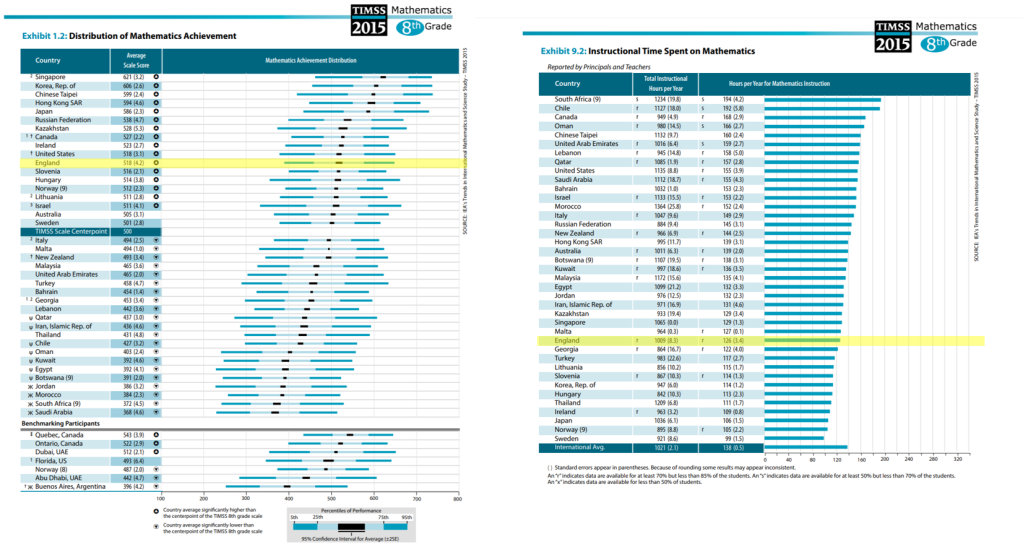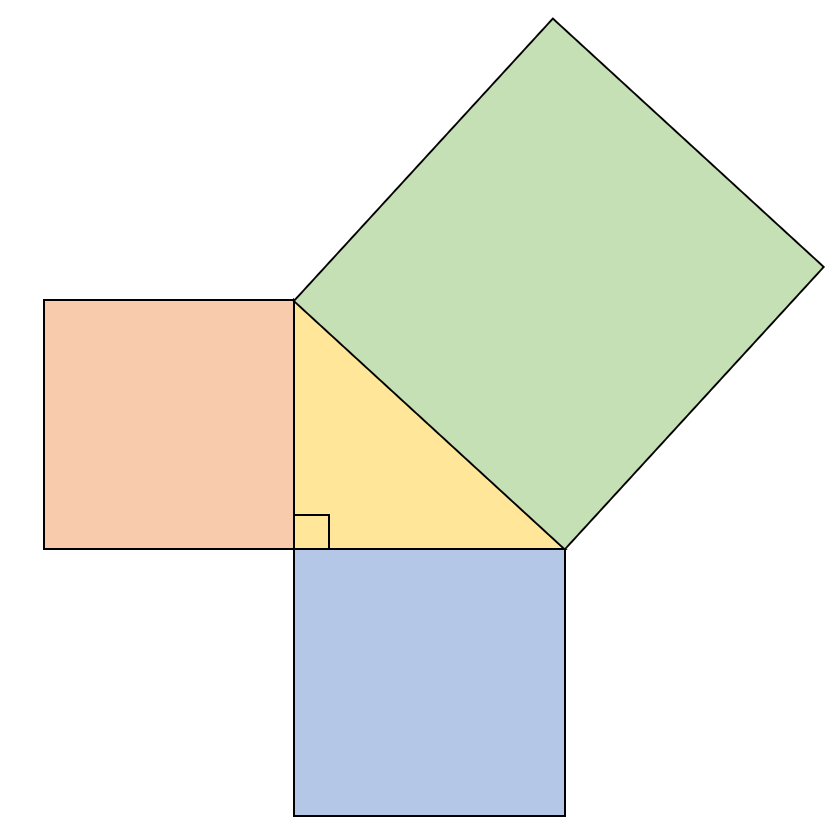Since September I have been overseeing all of our ECTs across the school. We’ve ended up with quite a lot (17 in total!) across a wide range of subjects which means I’ve had the pleasure of dropping into many dozens of lessons over this first term. It also means that I’ve just finished 17 lessonContinue reading “good, better, even better”
Category Archives: Uncategorized
name it – reducible
an example of the power of a common language
Recently I’ve been thinking a lot about language in mathematics. The words and definitions we use to describe mathematical objects and their properties give us and our students the language needed to discuss and understand them. Without this language our students cannot fully understand the concepts we teach them.

With that said I have been thinking a lot more carefully in my teaching about giving mathematical concepts and processes names and sharing these with my students so that we can refer back to them; so that we have a common language to discuss them.
This post is the first in a series of sharing some of these, or at least sharing the ones that I don’t think are in common use.
click to continue reading…
#mathsconf25 – mind the (gender) gap
Earlier today I had the pleasure of speaking at #MathsConf25. My workshop was on the gender gap in mathematics achievement and I focussed on understanding and reviewing what the research says about why this may exist. I learnt so many fascinating things researching for this talk that I didn’t previously know so I really hope you found it as interesting as I did.
click to continue reading…
a doctor in the classroom
“sir, are you cleverest maths teacher?”
A story of the transition from a PhD in pure maths to a secondary classroom teacher.
Summer 2012. The Olympic games a few weeks on the horizon and I was in a maths classroom back in the school I had left three years before. With the penultimate year of my maths degree finished it was time to decide, you know, what I actually wanted to do with my life, before returning back to uni for my masters year. So there I stood, watching a year 8 class struggle to find the nth term of a linear sequence, thinking of how a few weeks ago I was sitting exams on topics that sound like they’re made-up words; algebraic topology, Lebesgue measures, differential geometry….
click to continue reading…
maths timetabled hours part 2
the survey results
In part 1 I looked at the national and international background on teaching hours and summarised what the research said on teaching time for mathematics.
In this post I will share the results of a survey I conducted investigating how many hours students have for maths lessons per week. This survey appears to be the first attempt at an in-depth and detailed breakdown of mathematics teaching time at UK secondary schools.
click to continue reading…
timestables, but better
reflecting on timestables practice
We all know that students need to have a fluent knowledge of timestables. But what do we do when they don’t?
Many of the weakest students I have taught do not have a good knowledge of timestables. This is a problem. In this post I will reflect on what I tried this school year to improve my students’ timetable knowledge, why that didn’t work and what I am going to do instead….

click to continue reading…
maths timetabled hours part 1
the background, the context and why it matters
How does the teaching time for students in different year groups within mathematics compare at UK secondary schools? And why might it matter?
This is the first of two posts that will explore these questions.

In this first post I will look at the national background and context of the first question and then review the literature on the second question. It is shown that there is no guidance for the amount of lesson hours students should have in mathematics at UK secondary schools. A review of the literature indicates that increasing lesson hours could increase progress in mathematics…
click to continue reading…
how i read articles
a beginner’s guide to reading journal articles

With the upcoming launch of @mathjournalclub and the amazingly positive reaction people have shown towards it (thank you so much!), I wanted to write this post to give an introduction to actually reading journal articles from a teachers point of view.
What do you look for? What do you think about? And what are you supposed to do with it? There’s no denying it’s difficult to just pick up an article and read it…
click to continue reading…
learning from errors
reading and reflecting on ‘mistakes on display’
How do students best learn mathematics? Is it by practising example questions? Is it by studying and explaining errors and mistakes in answers?
Sometimes in the past I have avoided giving students errors and mistakes to study – perhaps with the fear that students may internalise the error. But a recent research article on this topic has flipped my thinking upside down…

click to continue reading…
pythagoras without the formula
how i introduce pythagoras to bottom set year 10
This school year I taught our bottom set year 10 class. I have a similar class next year and so I wanted to write this to allow me to really think about my sequencing, structuring and the atomisation of Pythagoras to best prepare myself for next year…






